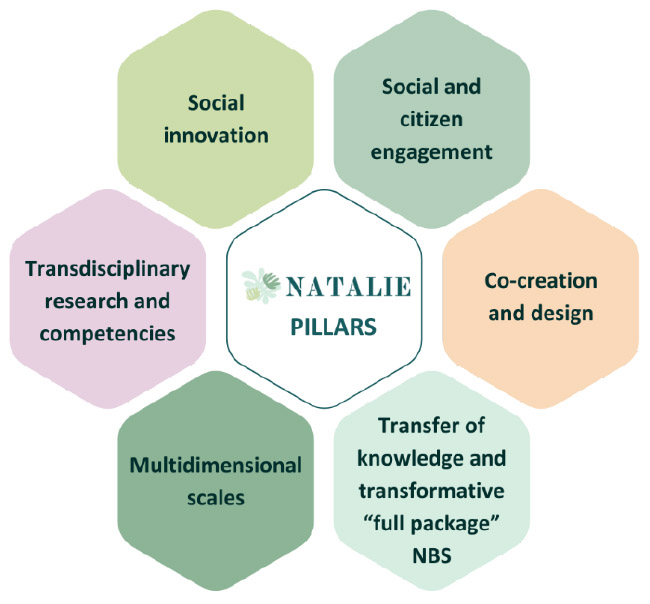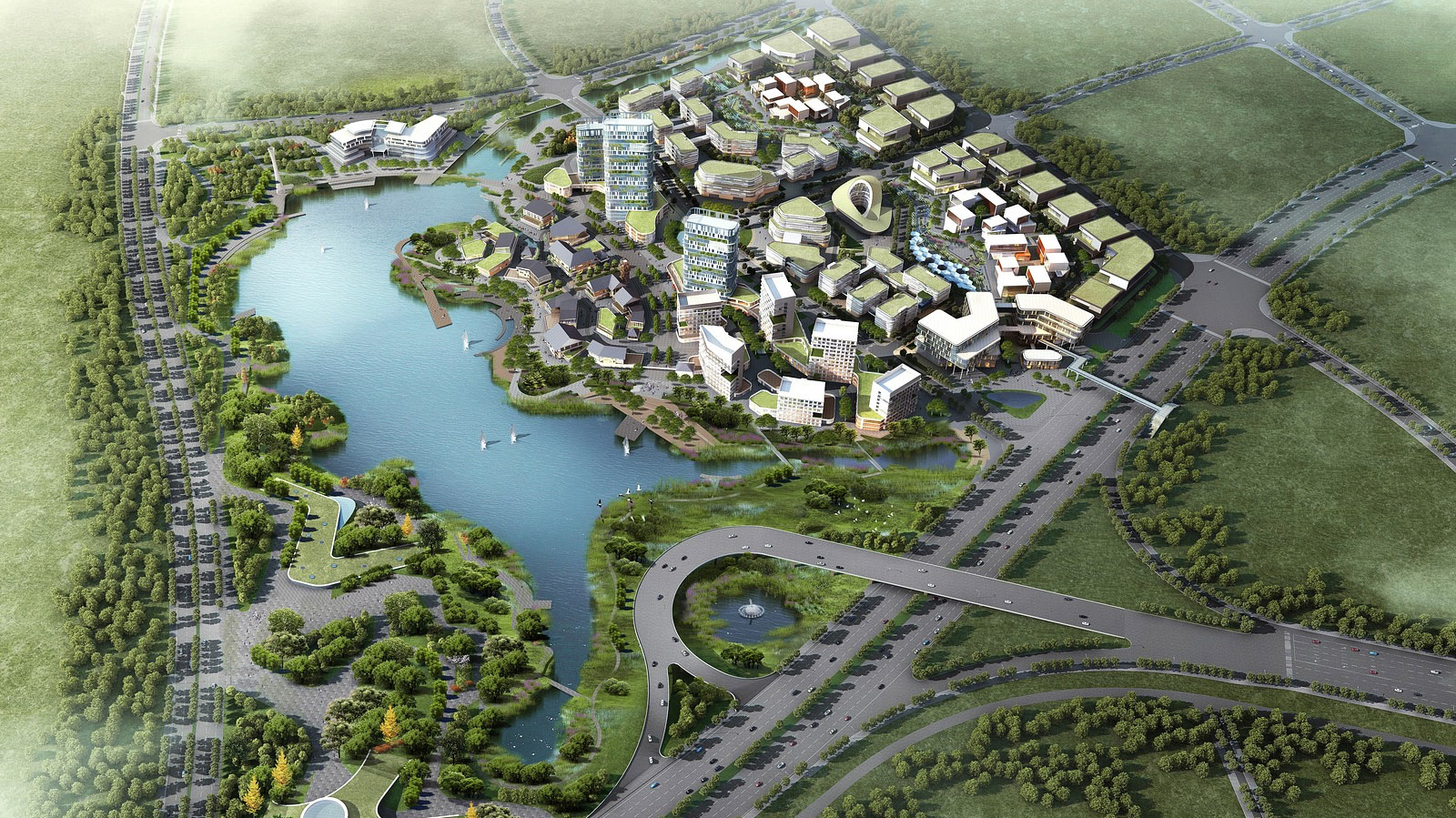DURATION: 01.09.2023 to 31.08.2028
BUDGET: 691 875.00€/ 16 311 045.25€
ABOUT NATALIE
 NATALIE: Accelerating and mainstreaming transformative NATure-bAsed solutions to enhance resiLIEnce to climate change for diverse bio-geographical European regions, is a 5-year Horizon Europe project funded under the Support of the implementation of the Adaptation to Climate Change Mission call.
NATALIE: Accelerating and mainstreaming transformative NATure-bAsed solutions to enhance resiLIEnce to climate change for diverse bio-geographical European regions, is a 5-year Horizon Europe project funded under the Support of the implementation of the Adaptation to Climate Change Mission call.
NATALIE addresses the risks posed by climate change and its impacts and proposes to advance the concepts of “ecosystem-based adaptation” in Europe combined with climate-resilient development pathways, as the means for impact-driven Nature-Based Solutions (NBS), to accelerate and mainstreaming the adoption of NBS for resilience to climate change, which is also the cornerstone identified in the recent IPCC AR6 WGII Report.
NATALIE will deliver innovative and practical innovations in the co-creation of solutions and stakeholder engagement, modelling, testing, monitoring and validation mechanisms that will support regions and municipalities to plan and develop adaptation actions bringing along valuable knowledge and experience as actionable knowledge for adaptation and impact-driven NBS.
NATALIE’s concept is based on 6 pillars:

18 NBS measures will be demonstrated at 8 Case Studies (CS), including 13 sites located in different biogeographical regions of Europe. The NATALIE CSs include 8 Demo Sites (DS) in Greece, Romania, Latvia, Canary Islands, Belgium (Flanders), France, Norway, and Italy (Veneto region), as well as 5 Follower Sites (FL) in Iceland, the Balearic Islands, Romania, France, and Lithuania.
KEY OBJECTIVES
The main goal of NATALIE is to accelerate and foster the mainstreaming of NBS, by forming an ecosystem-based adaptation for regional resilience.
The Key objectives of NATALIE are:
- To deploy NBS in Europe in consultation with local stakeholders through measures that are resilient to climate change and beneficial to ecosystems.
- To carry out replication studies following the tests carried out on the observation sites.
- To develop tools to assess the impacts of these solutions (including socio-economic impacts).
- To carry out various tests to develop appropriate financing tools.
NATALIE will develop a transformative NBS booster pack of 25 innovative and active solutions that address the key six levers for transformative change:
- socially acceptable, smart, and financial innovative solutions.
- societal, stakeholder and citizen engagement.
- larger systemic solutions at regional level.
- monitoring, evaluation, and cost-benefit analysis of solutions.
- pre-feasibility study.
- evidence-based outcomes and recommendations
The Booster Innovation Package includes innovative technical, modelling and IT solutions (including an innovative NBS knowledge booster and digital twin), governance, policy recommendations at EU and regional level, financing, and public engagement transformative solutions.
OUR ROLE IN THE PROJECT
In NATALIE, our role includes:
- Identify and map appropriate tools and models for the impact evaluation of multiple climate-related hazards (individual and combinations) and the performance assessment of NBS with the aim of providing guidance and supporting NBS planning and implementation.
- Contribute to the definition of appropriate climatic variables and scenarios with an emphasis on extreme event modelling and compound events.
- Support the resilience assessment before and after NBS deployment through the development of tailor-made technological, environmental, and socio-economic KPIs.
- Contribute to the development of the NBS knowledge booster/Digital Twin (including CS-related data, information, guidance, models and other tools, KPIs, etc.) that aims at providing a virtual digital space to further facilitate the implementation and monitoring of NBS and knowledge sharing.
- Facilitate the validation of the NBS developed and implemented at the CSs through stakeholder engagement.
The Official NATALIE Video


